Emotional Roller coaster of Abusive Marriage & Toxic Patriarchy: “Boys Don’t Cry” by Meghna Pant : Book Review
Explore the emotional roller coaster of an abusive marriage and toxic patriarchy in Meghna Pant's 'Boys Don’t Cry.' A gripping tale of resilience and survival.on May 18, 2024
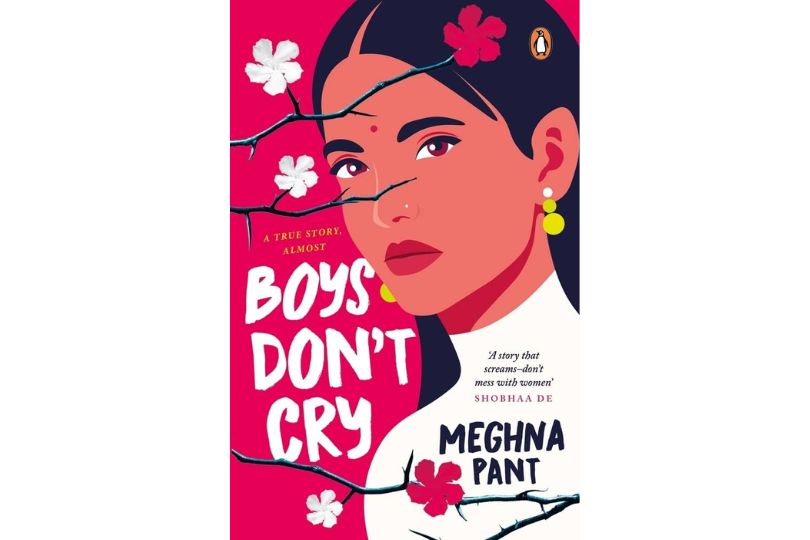
The night was dark, like black ink. Only a few streetlamps flickered, making long shadows dance on the sidewalk. Maneka hurried along, the chilly air nipping at her skin. She wrapped her coat tighter, feeling the weight of everything on her shoulders. All the tough choices, the things she gave up, and the long years of quiet pain. She couldn't help but wonder how it all came to this. A book called "Boys Don't Cry" by Meghna Pant tells a sad but true story about women like Maneka. It takes a hard look at the pain of being in a bad marriage and the fight to find yourself again.
"Boys Don't Cry" tells the story of Maneka Pataudi, a woman who endures a devastatingly abusive marriage to Suneet Sodhi. What starts as a whirlwind romance quickly spirals into a harrowing saga of physical and emotional torment. Pant's storytelling is raw and visceral, capturing the insidious ways abuse chips away at Maneka's confidence, self-worth, and independence. Each page feels like a punch to the gut, as the reader is pulled into the depths of Maneka's despair.
What sets this book apart is Pant's ability to portray the complexity of Maneka's emotions and decisions. Despite being educated and independent, Maneka's struggle to leave her abusive marriage reflects the harsh reality many women face. The societal pressure to maintain a façade of a happy marriage and the fear of the "divorcee" stigma are palpable. Maneka's eventual courage to walk away, only to be ensnared again, highlights the cyclical nature of abuse and the difficulty of breaking free.
Pant's narrative prowess shines in her detailed characterizations and vivid descriptions. The supporting characters, especially Kamini, Samit's wife, add depth to the story, illustrating the widespread impact of patriarchal oppression. Kamini, an unlikely ally, provides a glimmer of hope and solidarity, showcasing the strength women can find in each other even in the darkest times.
As the story progresses, it takes an unexpected turn into the realm of crime thriller. After enduring years of abuse, Maneka finally divorces Suneet and plans a celebratory divorce party. However, the celebration is cut short when Suneet dies of poisoning, and Maneka finds herself the prime suspect. This shift adds an element of suspense and keeps the reader on edge, questioning whether Maneka is capable of such an act and how she will prove her innocence.
The book's conclusion, while jarring for some, underscores the unpredictability of life and the often-unresolved nature of such personal traumas. Pant leaves readers with a sense of ambiguity, pondering Maneka's fate and the broader implications of her story. This open-ended finish may frustrate those seeking closure, but it also mirrors the ongoing struggle many survivors face.
One of the most powerful aspects of "Boys Don't Cry" is its relentless honesty. Pant does not shy away from depicting the harsh realities of domestic abuse and the societal structures that perpetuate it. Her use of descriptive language and metaphors transforms the prose into a hauntingly beautiful narrative. At times, the story reads like poetry, drawing readers into the emotional landscape of Maneka's world.
However, the book is not without its critiques. The transition to the crime thriller genre, while adding intrigue, may feel abrupt. Additionally, the portrayal of mental health issues could have been more deeply explored, given their significance in the context of abuse.
Despite these minor flaws, "Boys Don't Cry" is a compelling and necessary read. Pant's bold approach to addressing the taboo subjects of marital abuse and gender inequality in Indian society is commendable. Her ability to evoke empathy and introspection in readers is a testament to her skill as a writer. This book is not just a story; it's a call to recognize and challenge the hidden abuses that many endure in silence.
In conclusion, "Boys Don't Cry" by Meghna Pant is a gripping, emotional roller coaster that offers a stark look at the realities of abusive relationships. It is a book that will stay with you long after you've turned the last page, leaving you with a deeper understanding of the resilience and courage it takes to reclaim one's life



.jpg)






.jpg)

.jpg)
.jpg)
.jpg)
.jpg)
.jpg)
.jpg)

.jpg)
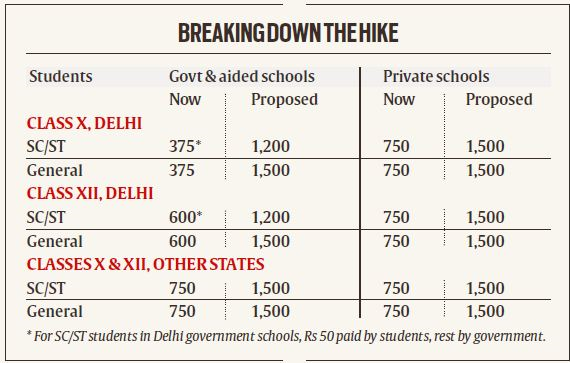
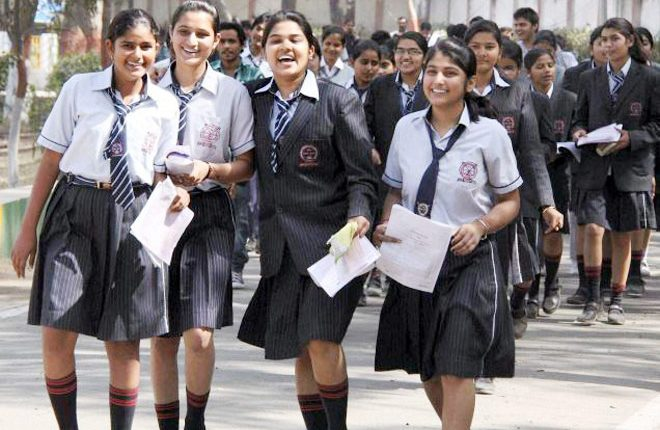
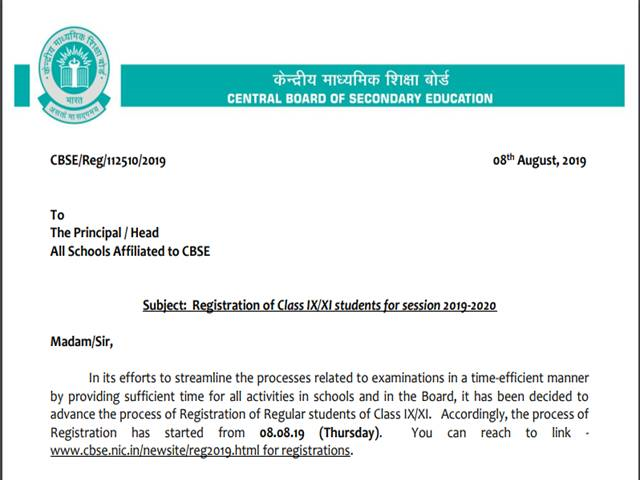



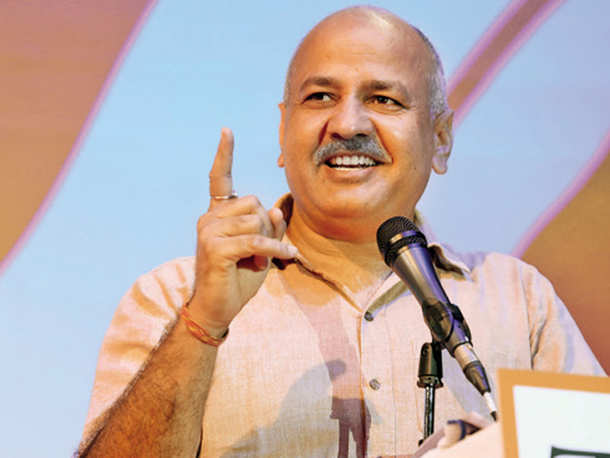

Sorry! No comment found for this post.